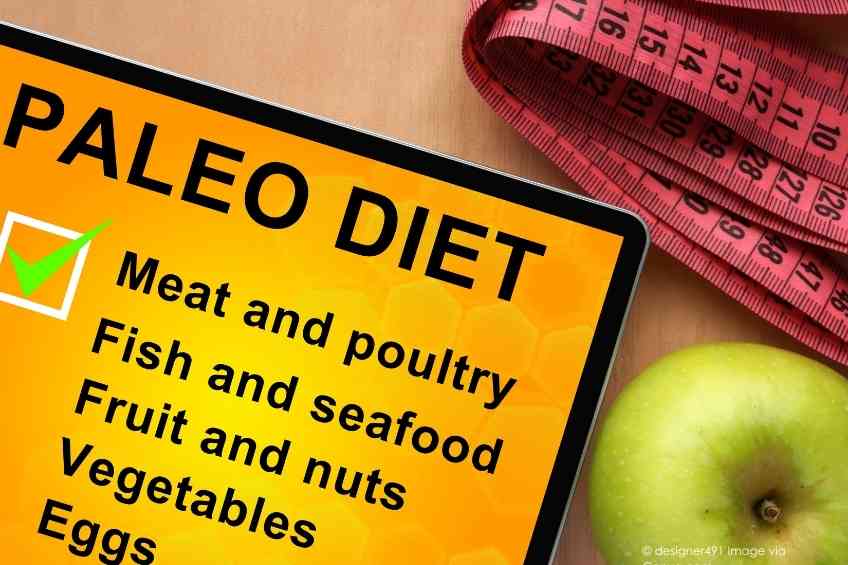By John Salak –
Paleo diets, which focus on fruits, vegetables, lean meats, fish, eggs, nuts and seeds, have become pretty popular in the last decade or so for arguably some good reasons. They support weight loss and heart health, while potentially stabilizing diabetes.
Unfortunately, this high-protein diet is not without risks. Scientists at the University of Geneva (UNIGE) have studied their impact and warn that the protein focus of these plans can greatly increase ammonium production that can overwhelm the liver. Ultimately, excess ammonium can cause neurological disorders and, in severe cases, lead to coma.
”Diets rich in animal and/or plant proteins, known as Paleolithic diets, can be used to stabilize type 2 diabetes and regulate weight,” explained Professor Pierre Maechler, who led this research. ”But what impact do they have on the body? Are they harmless?
Maechler’s team used mouse models to find out. The scientists fed healthy mice and mice lacking the GDH enzyme in their liver a diet with a protein content mimicking the so-called Paleolithic diet. In healthy mice, the liver managed the excess ammonium production through the action of the GDH enzyme, which detoxified ammonium before it could cause damage.
”In contrast, in mice lacking the GDH enzyme, the liver is unable to eliminate the excess of toxic ammonium derived from proteins,” Maechler added.
The change wasn’t only significant, it was almost immediate, with major consequences to diet changes coming in days not weeks or months.
These results suggest that in the case of dysfunctional GDH enzyme, high-protein diets may cause a harmful excess of ammonium, the team concluded.
Just how many people are at risk is hard to determine. The State University of New York estimates that at any one time up to three million Americans are on a paleo diet, although not all these individuals are at high risk from excessive ammonium production.
Other groups, including the Mayo Clinic, have voiced additional concerns regarding the impact of Paleo diets despite their advantages. These include limited if nonexistent intake of grains and vegetables, low to moderate carbohydrate intake, minimal intake of dairy products and relatively large consumptions of red meats, saturated fats and high-fat meats.
These concerns don’t minimize the benefits Paleo diets present, but they may argue for a more balanced approach to these types of restrictive diets.













